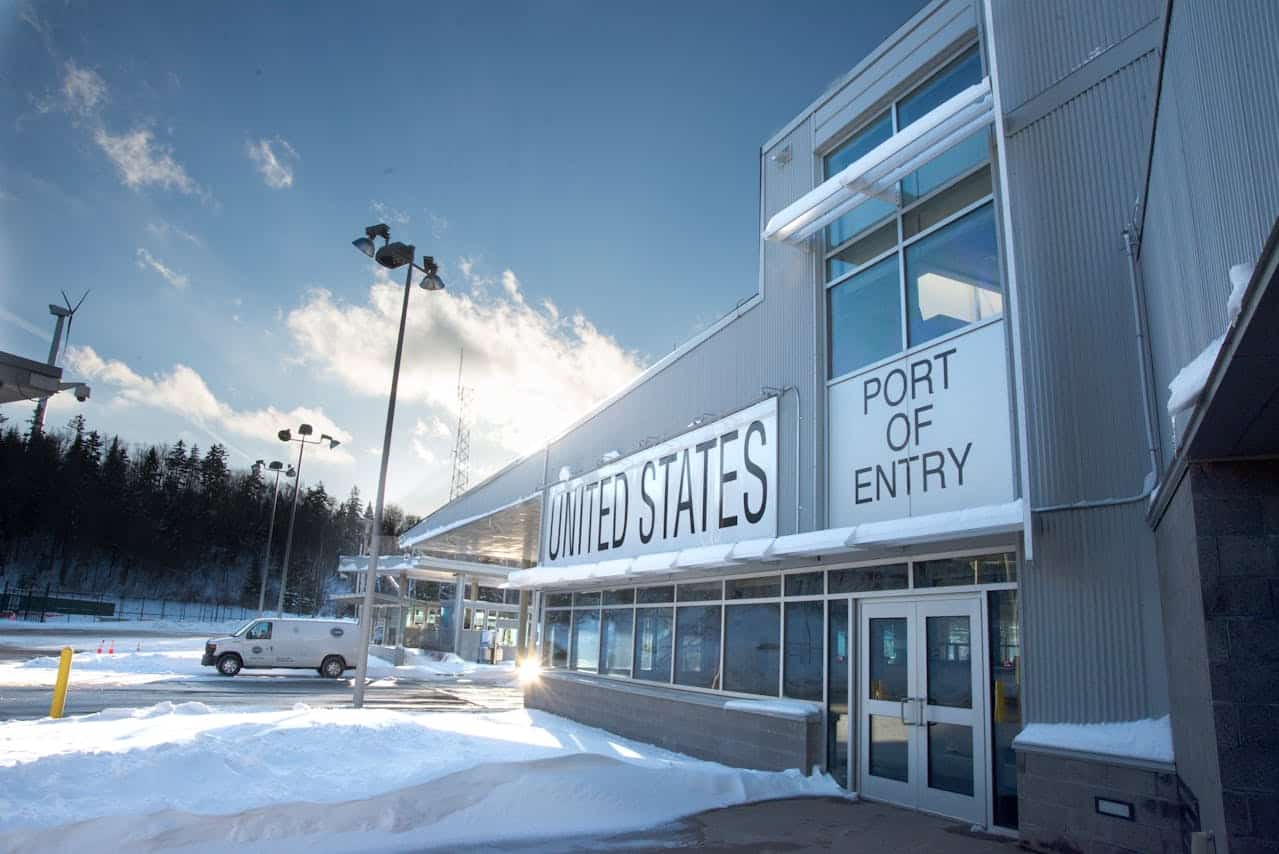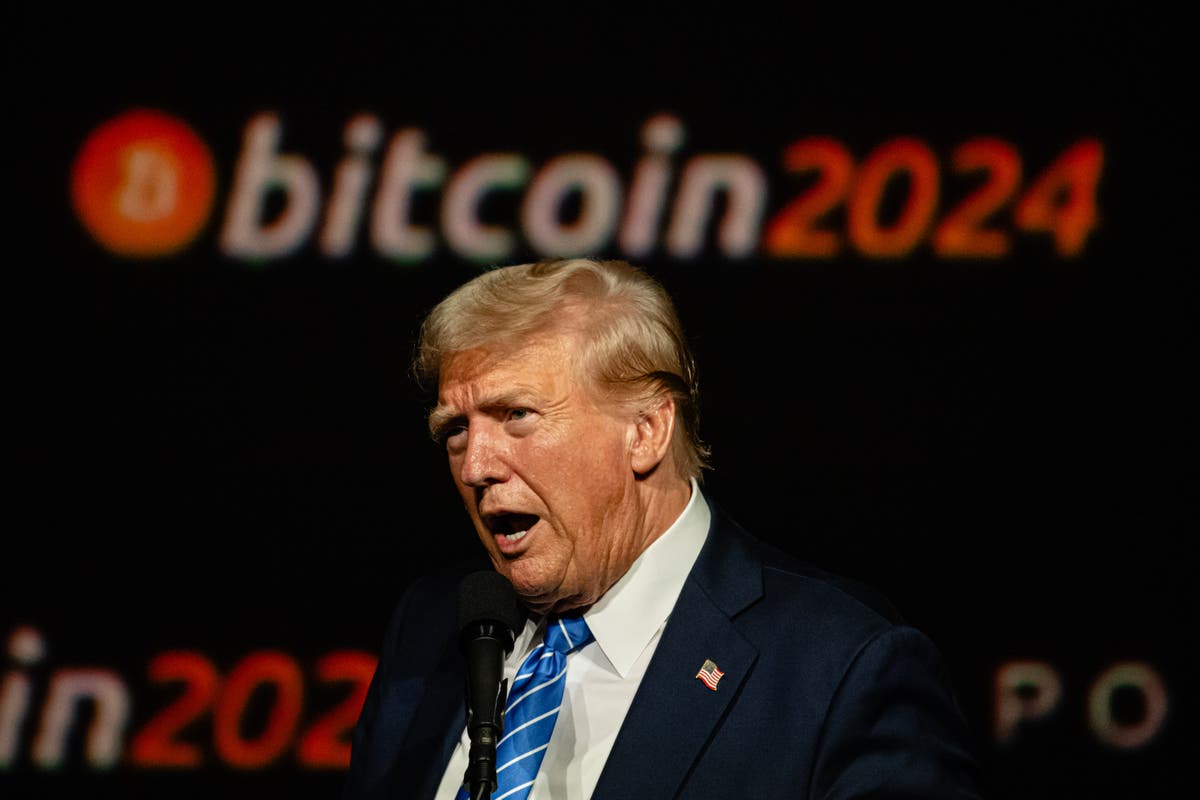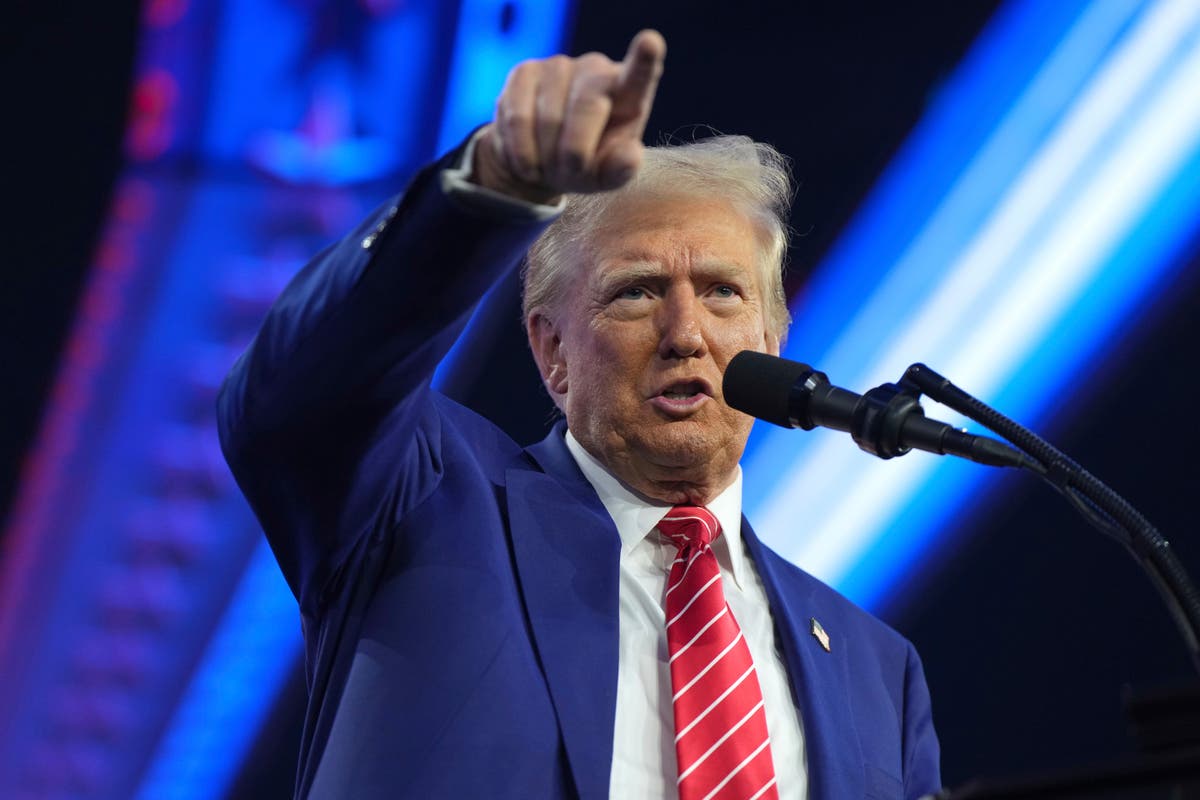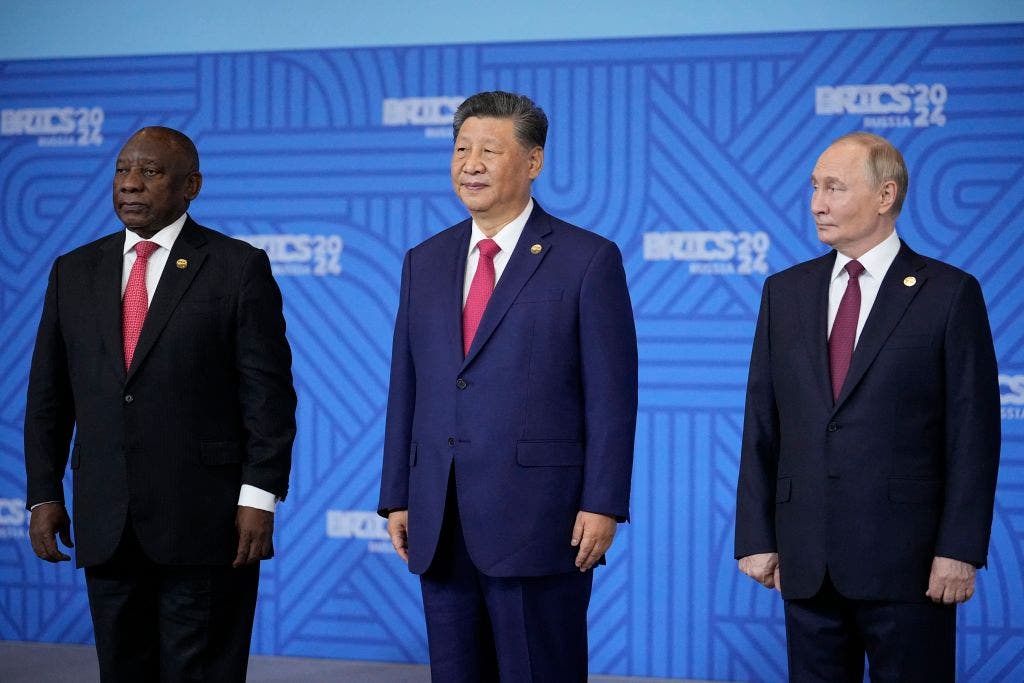Travel
US institutions prepare students for potential Trump travel ban

A growing number of universities across the US are urging international students to travel back to campus before Trump’s inauguration on January 20, amid fears of a potential travel ban, though some say messaging is stoking unnecessary anxiety.
In a post online from UMass Amherst, the university said that international students, scholars, faculty and staff under UMass immigration sponsorship should “strongly consider returning to the United States prior to the presidential inauguration day of January 20”.
“The Office of Global Affairs is making this advisory out of an abundance of caution,” it stated, emphasising that it was not a requirement and was not based on current policy.
However, it highlighted that “a new presidential administration can enact new policies on their first day in office”, pointing to Trump’s 2017 travel bans, one of which – though subsequently blocked – was issued by an executive order just seven days into his presidency.
While the advisory from UMass Amherst did not speculate on which countries or regions might be affected, Cornell university told students that “a travel ban is likely to go into effect soon after inauguration”.
“The ban is likely to include citizens of the countries targeted in the first Trump administration: Kyrgyzstan, Nigeria, Myanmar, Sudan, Tanzania, Iran, Libya, North Korea, Syria, Venezuela, Yemen, and Somalia.
“New countries could be added to this list, particularly China and India,” it warned.
New countries could be added to this list, particularly China and India
Cornell University
The university added that students should carry up-to-date university documents including evidence of funding and certificate of enrolment to present to border officials upon entering the US.
“The concerns US institutions have about access to the US are legitimate. There may well be higher hurdles for returning students after January 20,” Intead CEO, Ben Waxman, told The PIE News.
“There may be border control agents searching cell phones for what they deem “inappropriate” communications, eg pro-Palestinian messages on social media. There may be other limitations put in place by the new administration similar to the chaos created in 2017,” added Waxman.
After Trump’s first two travel bans were blocked by federal judges in 2017, a third ban was ultimately upheld – impacting 15 nations at some point during his presidency and refusing over 40,000 people visas, according to the US State Department.
However, concerns have also been raised that universities are stoking unnecessary anxiety for international students. While backup plans are wise for anyone traveling globally, said Waxman, “delivering those messages in a way that your student community can hear it and act on it without causing them to freak out is absolutely critical”.
According to Associated Press, more than a dozen schools have now issued advisories, though it remains unclear how the infamously unpredictable former president will act in the early days of his second term.
In September, Trump vowed to reinstate the travel ban, warning that he would not accept people from “infested countries”. He also promised to crack down on pro-Palestinian student protests during the demonstrations that spread across US campuses this year.
And yet, stakeholders have noted the contradictions in Trump’s promises, notably his proposal to grant green cards to international US college graduates.
Cornell’s warning that China and India could be included in a potential travel ban is particularly concerning for the sector given the huge numbers of Chinese and Indian students at US institutions.
Last year, India overtook China as the top sending country since 2009, with 331,602 Indian students in the US compared to 277,398 Chinese students. Together, India and China made up 54% total international enrolments, according to IIE 2023/24 data.
During the final weeks of his presidency, Biden has issued two different policy updates relating to H1-B and J-1 visas, in efforts to strengthen policies making it easier for international students to remain and work in the US prior to Trump taking office.









